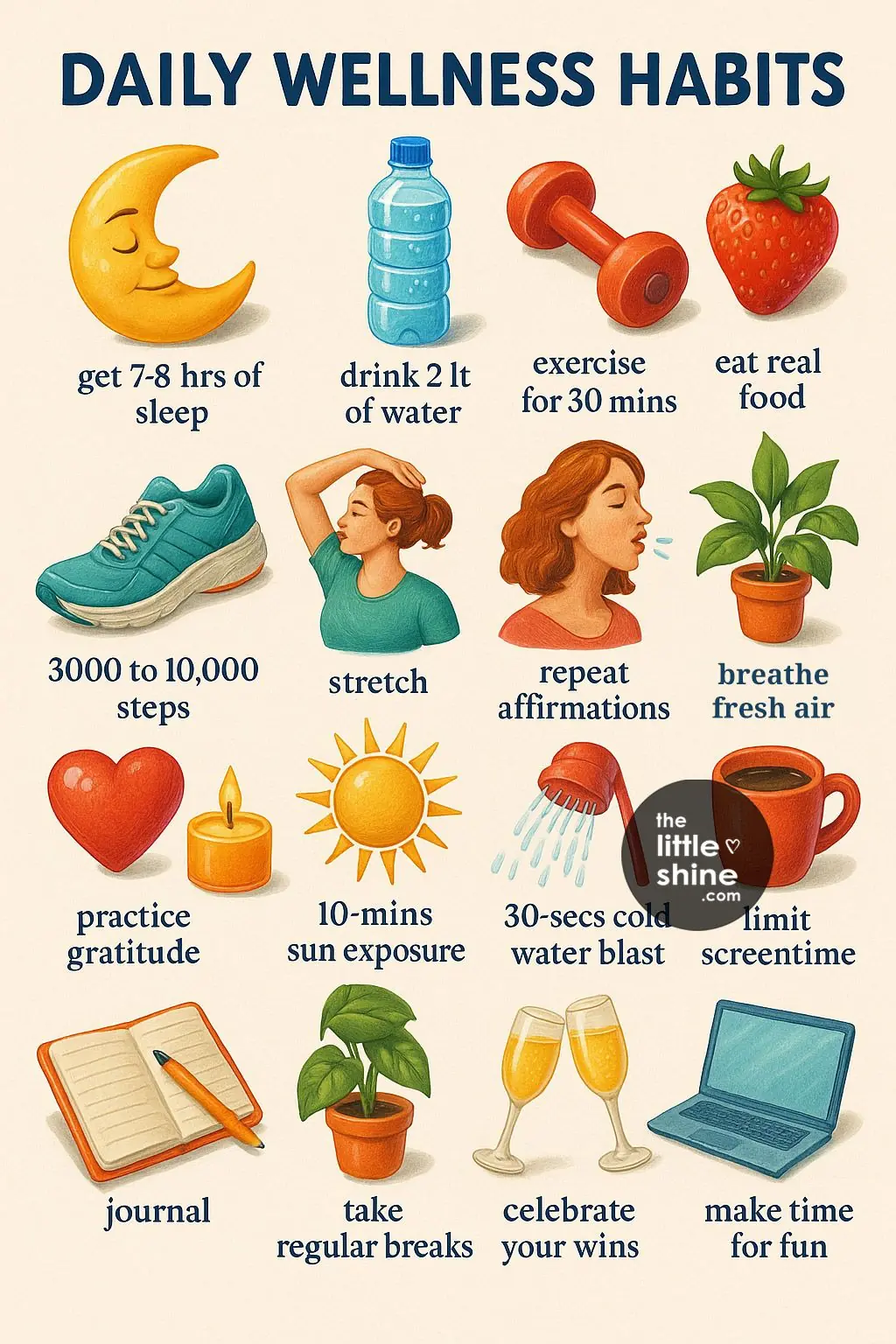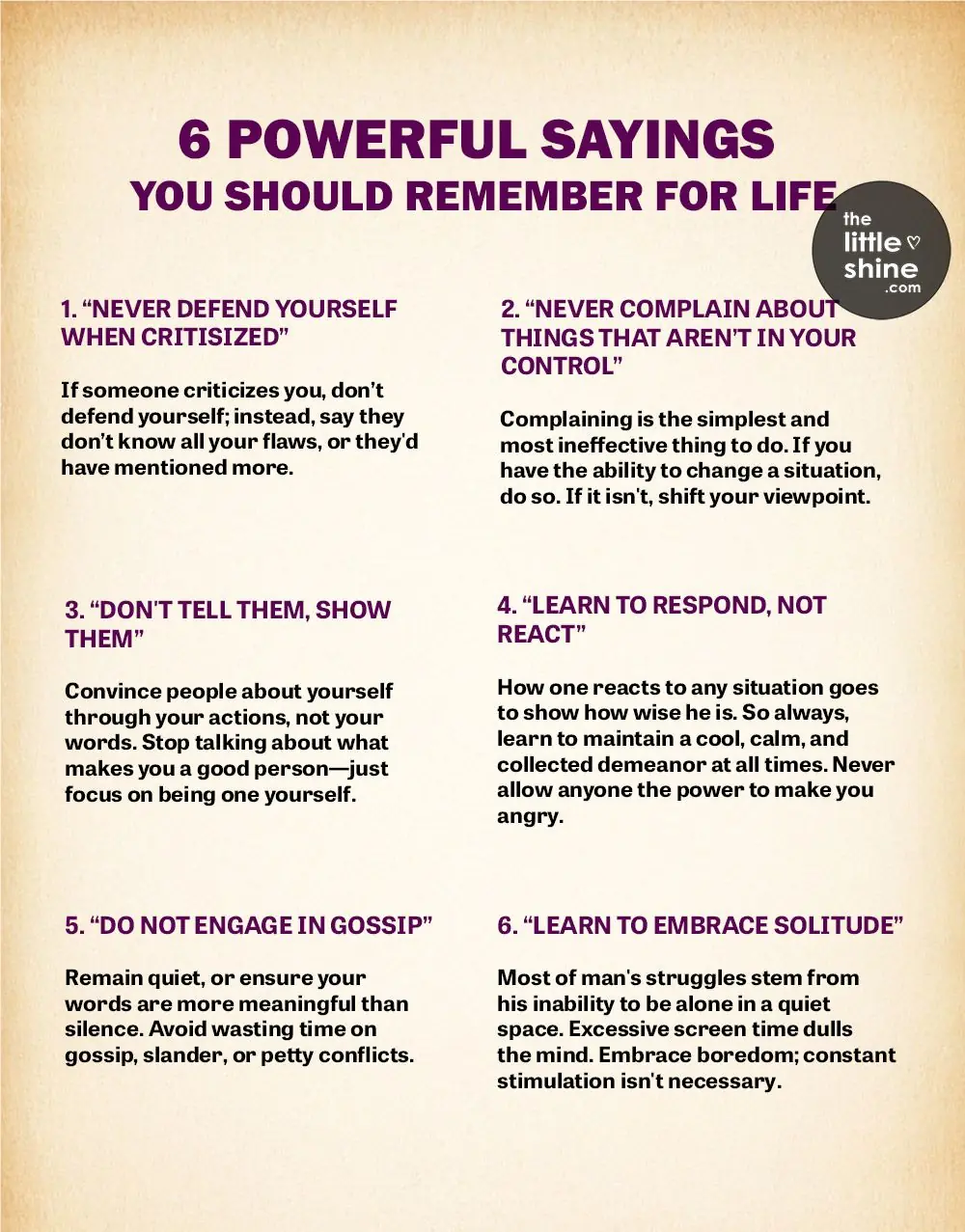This article explores 20 key etiquette guidelines to help you navigate social situations with grace and respect.
In our fast-paced, interconnected world, we all strive to be respectful and considerate of others. However, there are many unwritten rules of social conduct that we might overlook in our everyday interactions. These rules, though often not spoken, are essential to maintaining harmonious relationships and creating a respectful atmosphere in both personal and professional settings. In this article, we’ll dive into 20 crucial unspoken rules that will improve your social etiquette and help you navigate social situations with grace and respect.

1. Don’t Ask Someone Their Salary, Age, or Weight
These are personal questions that are often considered impolite, especially when asked directly. In many cultures, asking someone about their age, salary, or weight can be seen as an invasion of privacy. Respect boundaries and avoid asking such questions unless the person offers the information freely.
2. Return What You Borrow in the Same Condition
If you borrow something from someone, always make sure to return it in the same condition, or even better if possible. Whether it’s a book, a tool, or a piece of clothing, returning borrowed items promptly and in good condition shows that you value and respect the other person’s property.
3. Don’t Interrupt When Someone Is Speaking
Interrupting someone mid-sentence can come off as disrespectful and can shut down meaningful conversation. Always wait for the person to finish their point before responding. Practicing patience in conversations helps build a stronger rapport and promotes healthier discussions.
4. If Someone Shows You Their Phone, Don’t Scroll
If someone hands you their phone to show you something, resist the temptation to scroll through their messages, photos, or apps. This behavior is considered a breach of privacy and trust. Enjoy the moment with the person and engage with the content they’ve shared without overstepping boundaries.
5. Respect Personal Space – Physical and Emotional
Everyone has their own comfort zone when it comes to physical space. Being too close to someone without their consent can make them uncomfortable. Similarly, respecting emotional boundaries is just as important. Don’t press too hard for personal details if someone seems hesitant to share them.
6. Don’t Show Up Empty-Handed to Someone’s Home
When invited to someone’s home, it’s always polite to bring something, even if it’s a small token of appreciation like a bottle of wine, a dessert, or a card. It’s a simple gesture that shows you’re grateful for their hospitality and helps to build a positive relationship.
7. Say “Thank You” Even for Small Gestures
Gratitude goes a long way in building strong relationships. Whether someone holds the door open for you, gives you a compliment, or offers assistance, always remember to say "thank you." Acknowledging even the smallest gestures helps foster kindness and mutual respect.
8. If a Secret Wasn’t Yours to Share, Keep It
Trust is the foundation of any healthy relationship. If someone confides in you with a secret, keep it to yourself. Sharing confidential information can damage trust and harm relationships. If you feel uncomfortable with the secret, it’s best to simply remain silent or suggest the person talk to someone who can offer support.
9. Just Because It’s Online Doesn’t Mean It’s Your Business
In the digital age, people often share more information online than ever before. However, just because something is posted online doesn’t mean it’s okay to delve into someone’s personal affairs. Respect online privacy just as you would in face-to-face interactions.
10. Leave the Place Better Than You Found It
Whether it’s a public space, a friend’s home, or a workplace, always leave it in better condition than you found it. This rule applies to cleaning up after yourself, picking up litter, and making the environment more pleasant for others. This simple habit promotes respect for others and the spaces they occupy.
11. Don’t Talk in a Movie Theater
A movie theater is a shared space where people go to experience a film without distractions. Talking during a movie can disrupt others’ enjoyment and is generally considered rude. If you need to speak, wait for a break in the movie or leave the theater to talk.
12. Let People Exit Before You Enter
When entering or exiting crowded spaces, such as elevators, trains, or buses, allow people who are already inside to exit before you enter. This simple act shows respect for others’ personal space and helps avoid congestion.
13. Don’t Use Speakerphone in Public
Using speakerphone in public spaces can be disruptive to those around you. It’s best to take private calls in quieter areas or use earphones to keep your conversation discreet. Being mindful of the volume of your conversations helps create a more peaceful environment for everyone.
14. Tip the Service, Not Just the Bill
Tipping generously for good service is a way to acknowledge the hard work and effort that servers, delivery personnel, and other service workers put into their jobs. Always tip appropriately, even if it’s not required, to show gratitude for their service.
15. If Someone Is Wearing Headphones, They Don’t Want to Talk
Headphones are a clear signal that someone is in their own world and may not want to engage in conversation. If you see someone with headphones on, avoid interrupting them unless it's urgent. Respect their personal space and time.
16. Don’t Ask Couples When They’re Having Kids
Questions about when a couple plans to have children can be very personal and potentially upsetting. Fertility issues, timing, or personal preferences might be reasons they haven’t yet had children, so avoid making assumptions or asking about their plans.
17. Keep Your Phone Away During Meals
Mealtimes are for connecting with others, and being on your phone during meals can seem disrespectful. It’s important to put your phone away and focus on the people you’re dining with. Engaging in conversation and giving others your attention is a sign of respect.
18. Don’t Make Fun of Someone’s Appearance
Mocking or making fun of someone’s appearance can be deeply hurtful. Everyone deserves to feel good about themselves and be treated with kindness. Instead of making negative comments, focus on positive aspects of the person’s personality or actions.
19. Respect the “Do Not Disturb” Sign – Literally and Figuratively
Whether it’s a literal “Do Not Disturb” sign on a door or a figurative sign when someone asks for personal space, it’s important to respect boundaries. Pressing someone to talk or engage when they’re not ready can cause discomfort and damage relationships.
20. Don’t Stare, It’s Rude
Staring at someone can make them feel uncomfortable and self-conscious. If you're curious about something, try to observe it without making others feel scrutinized. It’s important to respect people’s privacy and not make them the subject of your gaze.
Conclusion: The Importance of Practicing Unspoken Social Etiquette
In today’s fast-paced world, where social media and technology often blur the lines between personal and public life, following unspoken social rules is more important than ever. These guidelines help foster respect, create meaningful connections, and ensure that everyone feels comfortable in social situations.
By practicing these unspoken rules, we contribute to a more considerate and thoughtful society. Whether it’s respecting personal space, acknowledging small gestures, or refraining from intrusive questions, these habits are key to maintaining harmony in our interactions.

































